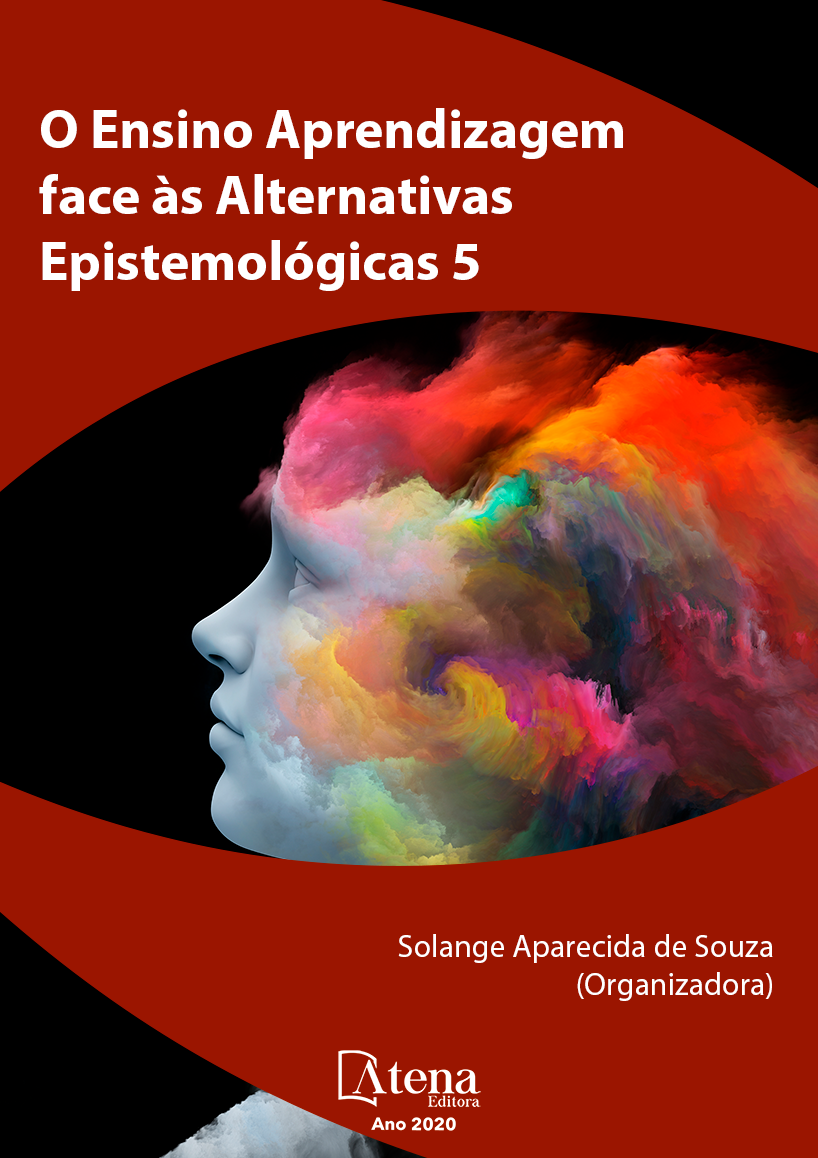
PARA ALÉM DOS LABORATÓRIOS – A INSERÇÃO DO ESTUDANTE DE BIOMEDICINA NO SISTEMA ÚNICO DE SAÚDE (SUS) COMO ALICERCE PARA UMA FORMAÇÃO HUMANISTA
Introdução: O perfil profissional biomédico com ênfase em conhecimentos técnico-científicos laboratoriais apresenta-se como padrão na atual formação acadêmica. Contudo, a biomedicina tem, como cerne – a partir da Diretriz Curricular Nacional (DCN) -, a busca por um egresso com olhar humanista, direcionado às demandas da comunidade. Nesse contexto, a disciplina de Biossegurança, ministrada para o curso na UFCSPA, introduz os estudantes no Sistema Único de Saúde (SUS) por meio de atividades baseadas no Programa de Educação pelo Trabalho em Saúde (PET-Saúde), cujo fio condutor é a integração ensino-serviço-comunidade. Assim, este trabalho trata-se de uma análise dos projetos finais entregues pelos discentes. Objetivos: Analisar os relatórios produzidos pelos alunos ao final da disciplina de Biossegurança e evidenciar, a partir das experiências relatadas, o impacto da inserção do SUS na formação do estudante de Biomedicina para a construção de um perfil universitário e profissional humanista. Metodologia: As práticas ocorreram nas Unidades de Saúde (USs) Sarandi, Domênico Feoli, Ramos, Nova Brasília, Santa Fé e Rubem Berta, localizadas no município de Porto Alegre. Foram então explorados, qualitativamente, seis trabalhos finais, em que se observaram os relatos das experiências vivenciadas pelos estudantes no contexto da atenção primária. As ponderações foram feitas com base nos documentos estabelecidos no projeto entregue, dos quais incluíram-se os (1) relatórios de atividades práticas; (2) artigos baseados nas atividades práticas (3) imagens registradas durante as ações; e (4) slides da apresentação final. Resultados e conclusões: Para uma educação com um olhar que compreenda as necessidades sociais, as atividades analisadas cumprem seu papel e oportunizam aos acadêmicos - em virtude de pensarem em estratégias a partir de situações-problema reais -, vivências únicas e de diálogo com a comunidade. Assim, vê-se a potencialidade da inclusão do estudante de biomedicina no SUS, que culmina em transformações educacionais, profissionais e pessoais àqueles que a experienciam.
PARA ALÉM DOS LABORATÓRIOS – A INSERÇÃO DO ESTUDANTE DE BIOMEDICINA NO SISTEMA ÚNICO DE SAÚDE (SUS) COMO ALICERCE PARA UMA FORMAÇÃO HUMANISTA
-
DOI: 10.22533/at.ed.6572002077
-
Palavras-chave: Biomedicina; multidisciplinaridade; formação humanista; Sistema Único de Saúde
-
Keywords: Biomedicine; multidisciplinarity; humanistic training;
-
Abstract:
Introduction: The biomedical professional profile with an emphasis on laboratory technical and scientific knowledge is presented as a standard in the current academic background. However, biomedicine has, at its core - from the National Curricular Guideline (DCN) - the search for a graduate with a humanistic eye, directed to the demands of the community. In this context, the Biosafety discipline, taught for the course at UFCSPA, introduces students to the Unified Health System (SUS) through activities based on the Education through Work in Health Program (PET-Saúde), whose guiding thread is the teaching-service-community integration. Thus, this work is an analysis of the final projects delivered by the students. Objectives: To analyze the reports produced by students at the end of the Biosafety discipline and to show, from the experiences reported, the impact of the insertion of SUS in the training of Biomedicine students to build a university and humanist professional profile. Methodology: The practices took place in the Health Units (HUs) Sarandi, Domênico Feoli, Ramos, Nova Brasília, Santa Fé and Rubem Berta, located in the city of Porto Alegre. Then, six final works were qualitatively explored, in which the reports of the experiences lived by the students in the context of primary care were observed. Weights were made based on the documents established in the delivered project, which included (1) reports of practical activities; (2) articles based on practical activities (3) images recorded during the actions; and (4) slides of the final presentation. Results and conclusions: For an education with a view that understands social needs, the activities analyzed fulfill their role and provide opportunities for academics - by virtue of thinking about strategies based on real problem situations -, unique experiences and dialogue with the community . Thus, we see the potential for the inclusion of the biomedicine student in SUS, which culminates in educational, professional and personal transformations for those who experience it.
-
Número de páginas: 10
- Claudia Giuliano Bica
- Rahuany Velleda de Morais


